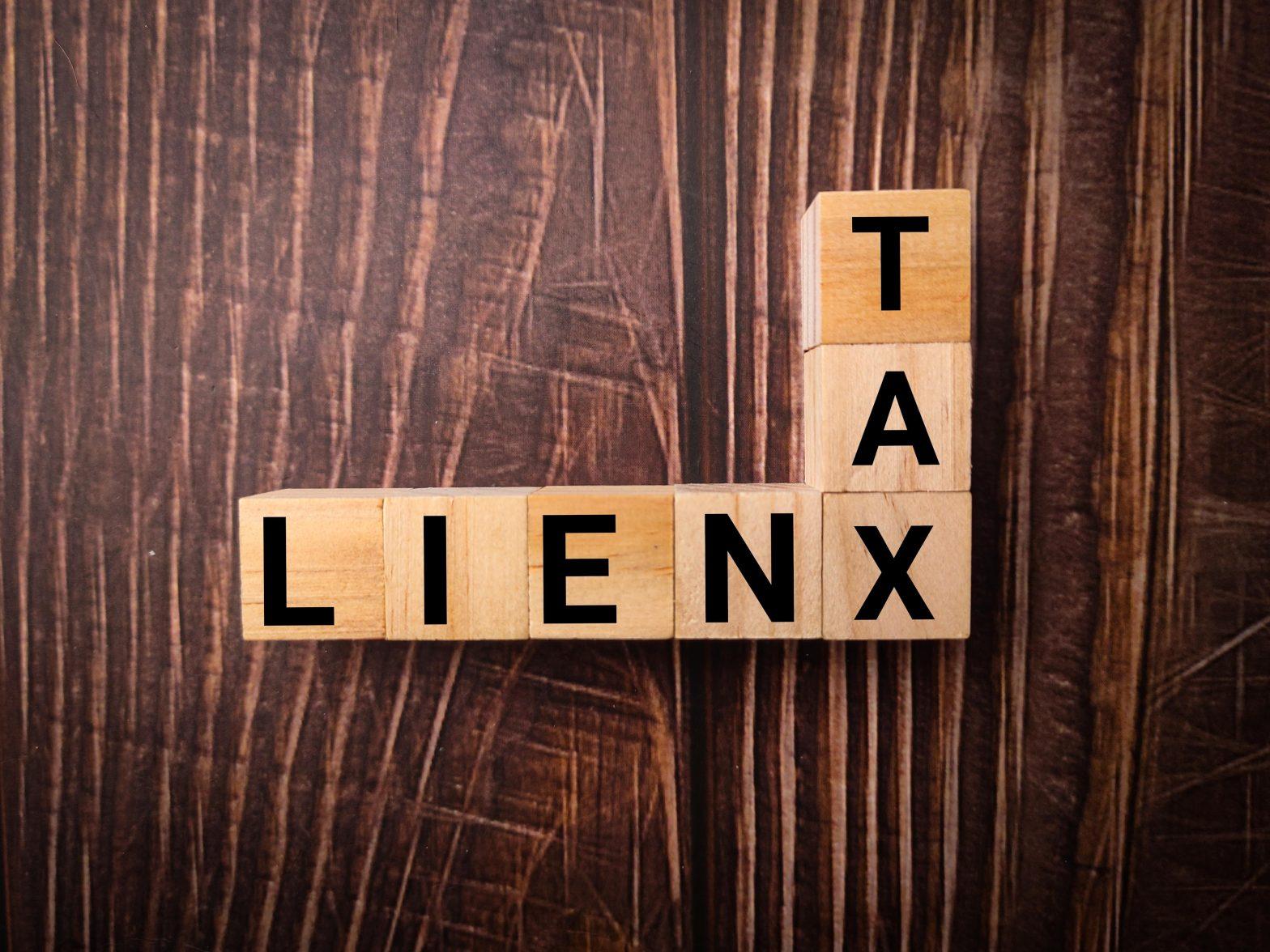Tax lien investing is an indirect way of real estate investing. If you want to invest in a real estate business you can buy tax lien certificates rather than buying properties. Moreover, it also gives you a return. Through this blog, we are delving into the details of tax lien investing, including its benefits and pitfalls. Furthermore, we will also highlight how to get started with it.
What is a tax lien?
A tax lien is a legal certificate of the claim that the local government applies on a property when the owner fails to pay taxes on the property.
Every time the property taxes are due, the local municipality or county issues a tax lien. So the tax lien certificate is the total value of taxes, plus interest and penalties or additional fees owed by the property owner.
As a result, the owner gets a set period between six months and eight years to pay off the property.
Unless the taxes are paid and the tax lien is removed, the property cannot be sold or refinanced.
These certificates are then sold at auctions and often involve bidding for them. As a result, the highest bidding investor eventually wins these certificates. Investors can also invest in property tax lien funds.
Therefore, investors can buy tax liens for as little as a few hundred dollars for smaller properties. Moreover, institutional investors can generate returns ranging from 4% to 9 % in a year.
Moreover, it is beneficial for the local governments who as a legal claim on the property. This is because they can instantly get back the money they owe from the homeowners.
How does tax lien investing work?
Tax lien investing is quite different from traditional stock market or bond investing. There are several steps involved in tax lien investing which are as follows:
1. The local municipality creates a Tax Lien Certificate:–
Local governments issue property taxes to help fund government programs. If a borrower fails to pay their property tax bill, then the local government issues a tax lien and creates a tax lien certificate. This certificate includes information such as the amount of tax due, as well as any interest or penalties.
If the owner is still unable in paying their property taxes, then the government has the right to foreclose on the home.
2. The Tax Lien Certificate is put up for auction:-
In 28 states, the government can sell tax lien certificates to private investors, which helps them to recover their losses. This sale usually happens at a public auction, where the certificate goes to the highest bidder.
The local tax revenue office will provide the information on local tax lien auctions and can tell you what is necessary to participate. As it is not provided by all the states so it may not be an option near you.
3. Investors Bid on the Tax Lien Certificate:-
The bids may be based on either the cash amount someone is willing to pay for the certificate or the interest rate they are willing to accept at the auction.
In the case of cash offers, a certificate goes to the highest bidder and in the case of interest rate, it goes to the lowest bidder. Bidding wars on tax lien can drive the interest rate and therefore the profit goes down.
4. Winning investor takes control of the property:-
The winning bidder of a tax deed takes ownership of the tax lien certificate. But it doesn’t give them hold of the property. They acquire the right to take ownership of the property through foreclosure or be paid back when the homeowner eventually pays the taxes.
5. Investor pays the amount of taxes owed:-
After winning the tax lien auction you are immediately responsible for paying the tax bill, including all the interests. After that, the homeowner has a certain period of time before the redemption deadline, by which they must pay the unpaid property taxes to the new investor or risk foreclosure.
6. Repayment or Foreclosure:-
After purchasing there are two potential outcomes: either the homeowner will pay their property taxes, or they won’t. If it is paid then you make back your initial investment along with the interest rate you bid at the auction.
If the taxes are not paid, then you have the right to begin the foreclosure process. There is an expiration date for the initialization of the foreclosure process, and it varies from one state to another. If you fail to take action, you may lose your right to collect your investment.
How to invest in tax liens?
The most potent way to invest in tax liens with less risk and effort is through special investment funds. Some tax lien investment trusts have set up private placement funds that invest in tax lien certificates.
In this case, you may be pooling your money with other investors. So, an investment company or a savvy fund manager is making the decisions on which tax liens to purchase.
When choosing a tax lien investment company, be sure to use the Financial Industry Regulatory Authority’s (FINRA) Broker Check to investigate the company’s background. Moreover, you can also conduct due diligence on any disclosures regarding complaints and legal action.
Tax lien investing can also occur through passive investment with the help of an institutional investor. But, it is mandatory that he be a member of the National Tax Lien Association (NTLA). Therefore, NTLA members buy approximately 80% of the tax lien certificates.
According to NTLA, in 2017, homeowners owed approximately $14 billion in property taxes. Therefore, private investors subsequently bought about one-third of these certificates.
Tax Lien Investing Pros and Cons
Tax lien investing contains some amount of uncertainties. But when compared to other investments, it can have a much lower risk profile. Before investing in tax liens you must evaluate the pros and cons.
Benefits of Tax lien investing:
- Low capital requirement: A tax lien certificate offers less capital. In this investment, it is possible to jump into the asset class for as little as a couple of hundred dollars.
- Rate of return: Next the benefit of tax lien investing is its standard rate of return. The return obtained from a tax lien is a solid return and it does not vary with the market.
- Lump-sum payment: You are paid a fixed sum when the tax lien investment resolves, which means that it’s easy to calculate exactly how much you’ll be receiving and what your rate of return is. And you will get all your return at once as the payment is not in the form of an ongoing residual.
Risks of Tax lien investing
- Lack of recurring income: For some investors, it can be viewed as a drawback. When receiving a fixed payment, it may not align with some investors’ financial goals, especially if they are looking to create avenues of residual income over time.
- Possibility of subsequent liens: Tax lien investment requires very little up-front capital, they can require more capital as the process moves forward. This is because, as the initial lien holder, you will be required to purchase any subsequent liens.
- Competition: The other disadvantage is the competition that you will face, usually from money managers and fellow investors in the time of property tax lien investing. The best remedy for this is to know your geographic market well and target low-cost liens.
- Neglected Properties: Be cautious of distressed properties or areas with environmental damage.
Due Diligence for a tax lien certificate
Due Diligence is critical for managing risk with tax lien certificate investing. Before moving on have a look into it:
- State laws regarding tax lien certificates
- What are your responsibilities for notifying the homeowner?
- Maximum Interest rates assigned to tax lien
- What type of property are you most interested in investing in?
Take time to review each before considering the tax lien certificate and your personal risk tolerance. Though the return on investment is potentially higher, still it adds risk to your portfolio.
The Lilypads Bottomline
Property tax liens can be a viable investment alternative for experienced investors. Remember that no investments are risk-free, but if commercial tax lien investing meets your risk/reward profiles, and you are comfortable with the process, then go ahead with it.

